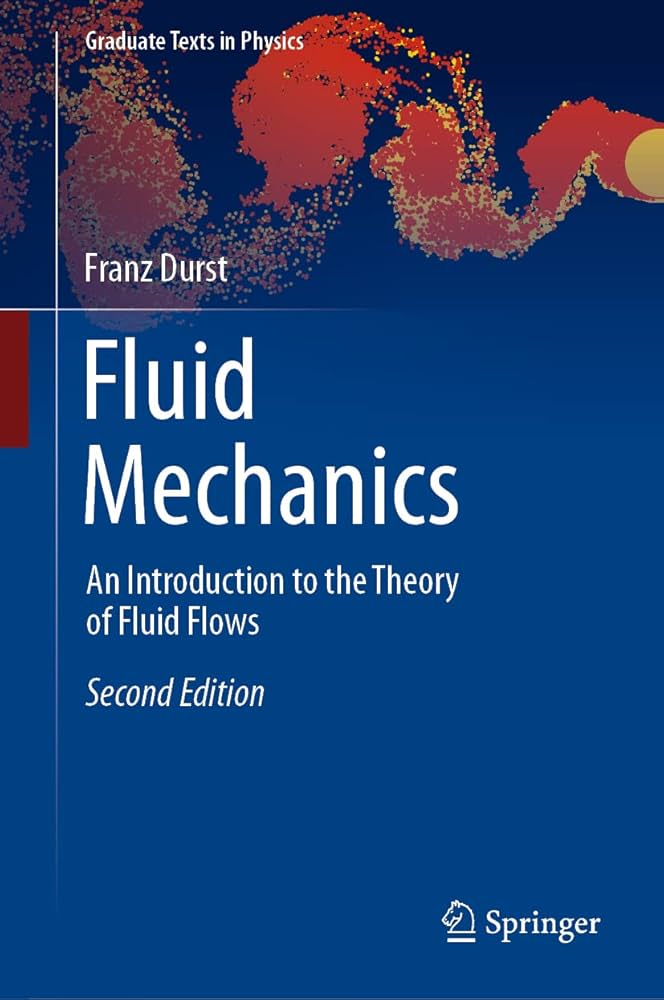A vehicle engine is a complex machine that converts heat from burning gas into the force that turns the road wheels It is an internal combustion engine that uses the explosive combustion of fuel to push a piston within a cylinder. The different types of fuel commonly used for car combustion engines are gasoline (or petrol), diesel, and kerosene.
- Teacher: Gordon Akong'o

Welcome to Thermodynamics!
Dear Learners,
Welcome to the fascinating world of Thermodynamics, where we explore the principles that govern energy, heat, and work. This course is designed to give you a solid foundation in understanding the behavior of systems under various energy transformations and their applications in engineering and science.
You will have access to detailed notes, interactive discussions, problem-solving sessions, and quizzes to enhance your learning experience.
Feel free to engage actively, ask questions, and collaborate with your peers to make this learning journey enjoyable and fruitful.
Let’s dive into the core principles that power engines, refrigerators, and even the universe!
Let’s get started!
- Teacher: Gordon Akong'o

The module shall covers Fluid Mechanics for college students. The course is designed to help the trainees understand different materials and equipment on a production line, workshops and other work places. Fluid Mechanics falls under Applied Mechanics and it deals with statics and dynamics of liquids and gases. The study of Fluid Mechanics is divided into Fluid Statics and Fluid Dynamics. Fluid Mechanics is the study of liquids whose properties include surface tension, density and viscosity.
- Teacher: Gordon Akong'o
